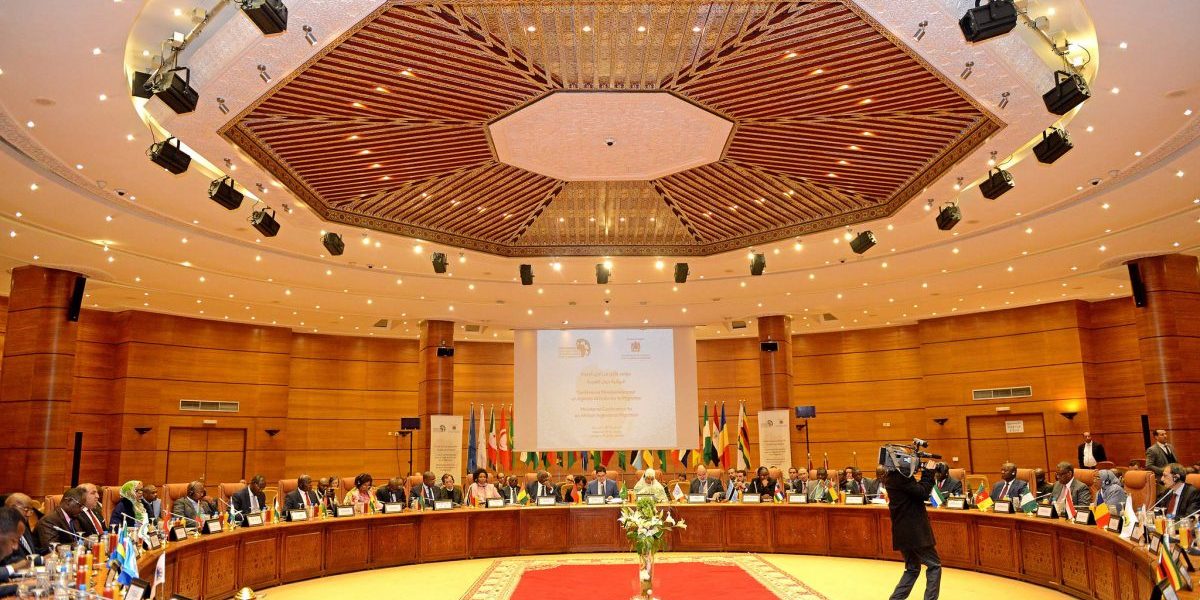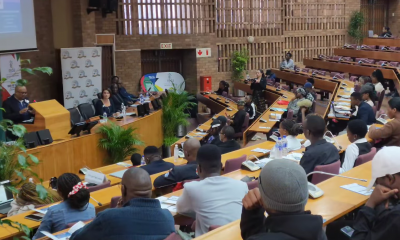Elections and Individual Rights
Political violence and intimidation should be outlawed. Electoral laws should protect freedom of association and expression, with dedicated tribunals to enforce laws and handle disputes.
Elections and the Government
Constitutions should enshrine multiparty democracy. Election dates should be constitutionally determined, with a minimum three months’ notice. Electoral laws should prohibit governments from using public resources to fund political activities. All public funding for parties must be accounted for and disbursed by an agreed formula. Information laws should protect the private media. Opposition parties should have equal access to state media. Governments should recognise civil society’s role in monitoring elections and civic education. Electoral commissions should be constitutionally established.
Transparency and Electoral Integrity
Voter registration should be continuous. Electoral commissions should fund voter-education programmes. Boundary-delimitation commissions must be constitutionally established. Party nominations for candidates should be fair and transparent. All stakeholders must denounce violence during campaigning. Impartial state security forces must provide protection at meetings, rallies, polling stations and party premises. Campaign expenditures unduly influencing the democratic process should be prevented, and electoral commission should monitor party funds. Courts should be strengthened and election procedures subject to due process. The electoral commission and the media should maintain a healthy relationship.
Polling stations should be in neutral public places. Transparent ballot boxes should replace wooden ones. Verification and reconciliation of ballots, sealing and opening of ballot boxes, and vote counting should happen with agents from all parties present. Results should be released as soon as counting is completed and confirmed. Parties should be encouraged to accept electoral results if observers deem the process fair.
Election observers should be present at registration, campaigning, voting and verification stages. Governments should recognise the role of observers provided they are demonstrably non-partisan, respect national laws, the electoral commission and the electoral process, and channel complaints appropriately.








